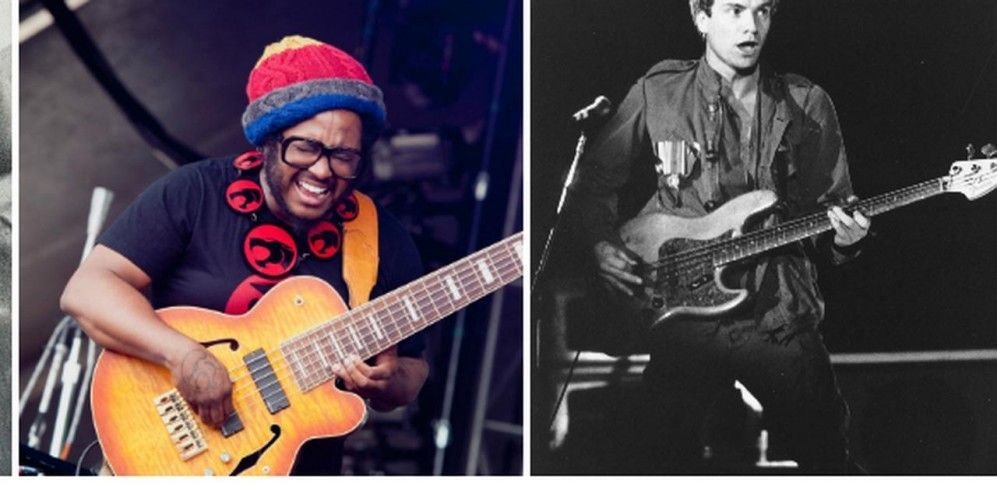If you’re wondering how to develop your unique composing style, you’re not alone. Every composer wants their music to stand out and reflect their individuality. Developing a distinct style doesn’t happen overnight, but with consistent effort and the right approach, you can craft a sound that’s truly your own. In this article, we’ll share practical strategies to help you find and refine your unique voice in composition.
Understand Your Influences
The first step in developing your unique composing style is to understand your influences. Identify the musicians, composers, or genres that inspire you the most. Analyze what you love about their work—whether it’s their melodies, harmonies, or rhythms. By understanding what draws you to their music, you can start incorporating similar elements into your compositions while adding your personal touch.
Experiment with Different Genres
To create something unique, don’t limit yourself to one genre. Experimenting with various styles of music broadens your perspective and introduces you to techniques you might not encounter otherwise. For instance, if you typically compose classical music, try blending elements of jazz or electronic music. This experimentation can lead to unexpected and exciting results, making your style more versatile and distinct.
Embrace Your Strengths
Everyone has musical strengths, whether it’s writing memorable melodies, crafting intricate harmonies, or creating dynamic arrangements. Focus on what you do best and make it the cornerstone of your compositions. By highlighting your strengths, you’ll naturally develop a style that showcases your abilities while setting you apart from others.
Practice Improvisation
Improvisation is an excellent way to unlock your creativity and find your unique composing style. Spend time playing your instrument or working with your digital audio workstation (DAW) without any specific goal in mind. Let your instincts guide you and record your sessions. You might stumble upon new ideas that feel authentic and original.
Study Music Theory, but Don’t Overthink It
While understanding music theory is important, don’t let it stifle your creativity. Use theory as a tool to guide your compositions, but don’t be afraid to break the rules. Some of the most iconic pieces of music came from composers who dared to step outside traditional structures. Trust your instincts and let your creativity take the lead.
Find Inspiration in Everyday Life
Inspiration doesn’t always come from other music. Sometimes, your unique composing style can emerge by drawing from your own experiences, emotions, or surroundings. Pay attention to the world around you—nature, conversations, or even personal struggles—and channel those moments into your work. Music that reflects genuine emotion often resonates more deeply with listeners.
Collaborate with Other Musicians
Working with other musicians can push you out of your comfort zone and help you grow as a composer. Collaboration exposes you to different ideas, techniques, and approaches to music-making. By blending your ideas with others, you can develop new methods and incorporate fresh elements into your style.
Set Creative Challenges
Challenge yourself to compose within specific parameters, such as writing a piece using only three chords or creating a melody without repeating a single note. These exercises force you to think outside the box and can lead to innovative ideas that shape your unique style.
Refine Through Feedback
Sharing your music with trusted friends, mentors, or online communities can provide valuable feedback. Constructive criticism helps you identify areas for improvement and refine your style. Listening to how others perceive your music can also give you insights into what makes your work stand out.
Stay Consistent and Evolve
Developing your unique composing style is an ongoing process. Stay consistent by composing regularly and revisiting your work to see how it evolves. Over time, patterns will emerge, and your style will become clearer. Embrace change and allow your music to grow naturally as you gain more experience and confidence.
Conclusion
Crafting your unique composing style takes time, effort, and a willingness to explore new ideas. By understanding your influences, embracing experimentation, and staying true to your strengths, you’ll develop a voice that reflects who you are as a composer. Remember, your style is a journey, not a destination. Keep creating, learning, and growing, and your music will speak volumes about your individuality.









